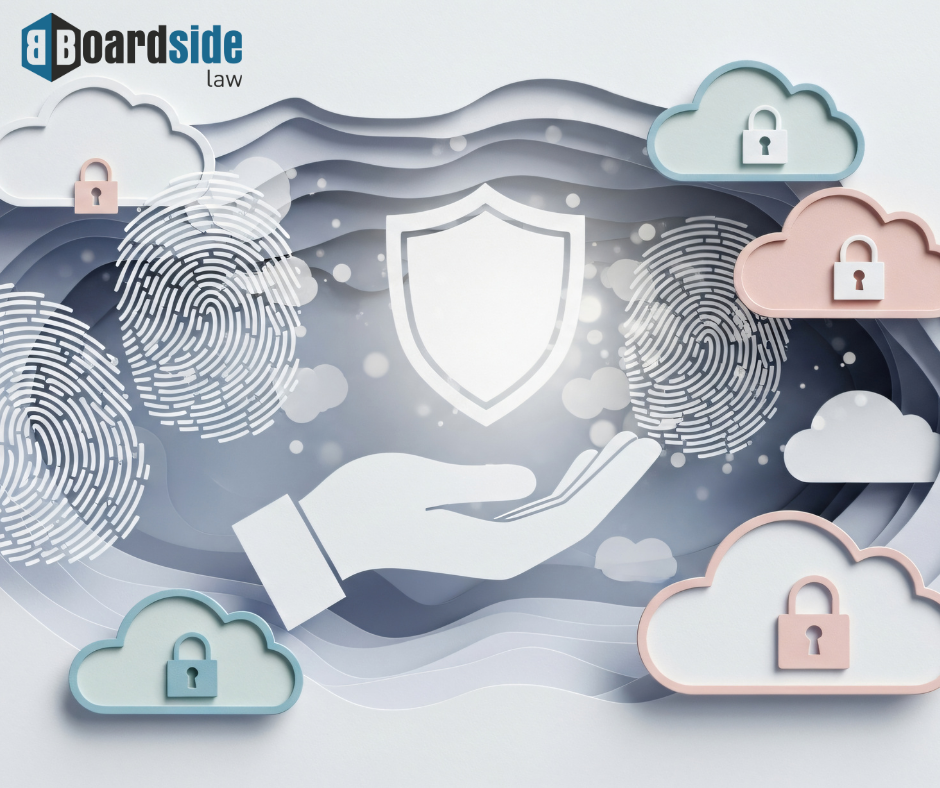13 November 2025
What’s happening On 14 October 2025, the Home Office published its latest Statement of Changes (HC 1333), introducing the next phase of the government’s plan to ‘restore control’ over the immigration system. These changes implement key proposals from the May 2025 Immigration White Paper and represent one of the most significant overhauls of the UK’s immigration framework in recent years. The reforms affect work, study and family routes, with new eligibility criteria, shorter visa durations, and increased financial obligations for sponsors. While the stated aim is to strengthen integration and ensure the UK’s immigration system better serves economic and social priorities, the practical effect for many employers will be tighter compliance obligations, higher costs, and narrower access to international talent. Raising the English Language Requirement From 8 January 2026, applicants under the Skilled Worker, Scale-Up, and High Potential Individual (HPI) routes will need to demonstrate English language ability at B2 level (upper intermediate) under the Common European Framework of Reference for Languages (CEFR) — up from the current B1 (intermediate) standard. Applicants will be required (as is currently the case) to evidence their proficiency through approved Home Office test providers, as part of a broader policy drive to ensure migrant workers can fully engage in the UK workplace and wider community. What this means for employers: The higher threshold could make it harder to fill roles in sectors that previously relied on B1-level applicants, such as healthcare, engineering, hospitality, and construction. Employers should review upcoming sponsorship plans, identify candidates likely to be affected, and consider offering language-support initiatives or alternative recruitment strategies. Shortening of the Graduate Route From 1 January 2027, the Graduate visa will be shortened from 24 months to 18 months for most graduates, although PhD holders will retain their existing three-year permission. Impact: This shorter post-study window reduces the time international graduates have to secure longer-term sponsorship. Employers will need to accelerate onboarding and visa-switch processes to ensure promising graduates can move to the Skilled Worker route before their Graduate visa expires. Combined with the higher salary and skill thresholds introduced earlier this year, many sponsors may find that graduates once eligible for sponsorship now fall short of the new requirements. Expansion and Cap of the High Potential Individual Route The High Potential Individual (HPI) visa is open to graduates from top global universities, allowing for a stay of up to 2 years for graduates and 3 years for students with a PhD. Under current plans, this route will be expanded, doubling the number of universities on the Global Universities List for qualifications awarded between 1 November 2025 and 31 October 2026. However, a new annual cap of 8,000 applications will take effect from 4 November 2025. Impact: While this widens access to high-calibre international talent, the introduction of a quota will make early applications essential. Employers recruiting graduates via this route should monitor availability closely and plan recruitment cycles around the cap. New Opportunities for Student Entrepreneurs From 25 November 2025, certain international students completing their studies will be permitted to establish UK-based businesses by switching to the Innovator Founder route. For students completing their studies, switching directly into this route whilst remaining in the UK removes the disruption of having to leave the UK, and enables them to progress from academic research into commercial ventures straight after graduation. Impact: This welcome adjustment supports entrepreneurship among international graduates and may help retain talent in innovation-led sectors. However, eligibility remains narrow, limited to those switching into the Innovator Founder route, and is therefore unlikely to benefit the majority of students. Increase in the Immigration Skills Charge The Immigration Skills Charge, which is payable by sponsors for each sponsored worker, will rise by 32% from 16 December 2025. Large sponsors will pay £1,320 per worker per year (up from £1,000), and small sponsors £480 (up from £364). Impact: This cost cannot lawfully be passed on to sponsored employees and will therefore need to be absorbed by employers. Combined with higher salary thresholds and Certificate of Sponsorship fees introduced earlier in the year, this increase will further strain recruitment budgets. Strategic Implications for Employers Together, these reforms mark a decisive shift toward a high-skill, high-threshold immigration system. Employers should respond proactively by: reviewing recruitment pipelines: assess how higher language standards and shorter visa durations affect planned hires; updating sponsorship policies: ensure systems meet enhanced record-keeping and reporting standards; budgeting for cost increases: reflect the new Skills Charge and compliance costs in workforce planning; supporting candidates: offer language-testing guidance and clear communication about timing and documentation; monitoring developments: further secondary legislation is expected in early 2026, so vigilance will be essential. Boardside View While these reforms are positioned as measures to improve control and integration, they risk reducing workforce flexibility and increasing administrative burdens for employers. Businesses that begin adjusting now, by aligning hiring, sponsorship and compliance frameworks, will be best placed to maintain continuity and competitiveness in 2026 and beyond.











